Bioethics
- Bioethics
- 05 Aug 2013
 In this section of the website we discuss the reasons, including scientific ones, supporting the Church’s stances concerning bioethical issues and the so-called “non-negotiable principles”.
In this section of the website we discuss the reasons, including scientific ones, supporting the Church’s stances concerning bioethical issues and the so-called “non-negotiable principles”.
It’s a delicate matter that often deepens religious or anticlerical stances; actually, sometimes the mere use of reason would be enough to take a firm stand and defend the natural right. On the one side we have contemporary man, pushed by ethical relativism, who wants everything and expects that each and every desire turns into a right. On the other side there’s the Church that urges a careful approach and devotes much effort so that the concept of life’s sacredness can persist in our society and consequently that we continue to respect each human being in all his or her integrity.
The scientistic mentality claims that all the results attained by scientific research should be applied to society, immediately and as law. As Carter Snead reminds us, however: “there’s a huge immeasurableness between humanistic axioms and science. Modern science, namely by its nature, has nothing to say about human concepts such as freedom, justice, equality, dignity, which are at the heart of our essence as human beings. These words aren’t part of the scientific lexicon, in other words you cannot understand them from the mere point of view of science. Science doesn’t acknowledge these concepts and it isn’t even interested in elaborating or discussing them. Modern science, then, is not the right tool that we should use in bioethics; otherwise we risk to attain unsatisfactory results or even monstrous results in the worst cases”. (O. Carter Snead is professor of law at University of Notre Dame Law School and researcher at Ethics and Public Policy Center.)



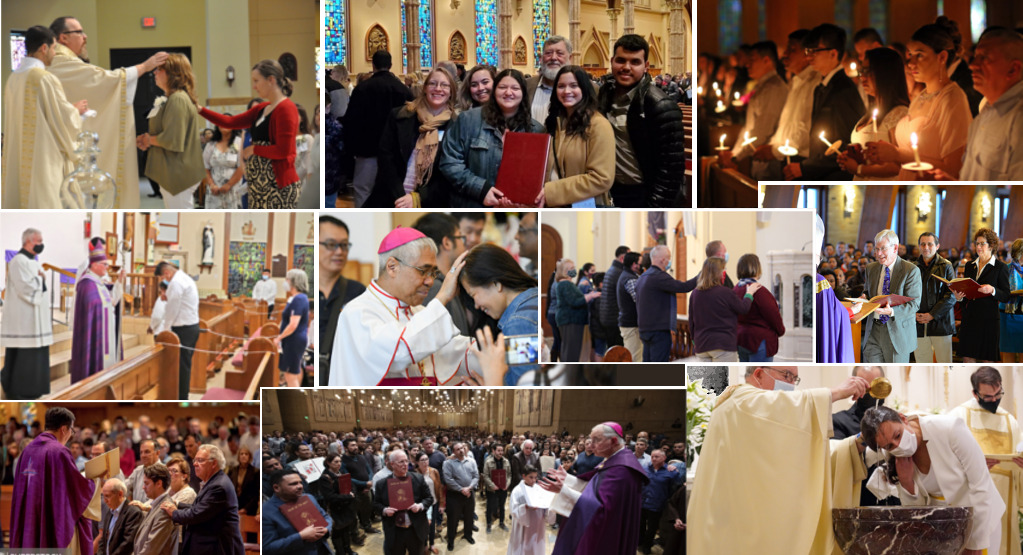
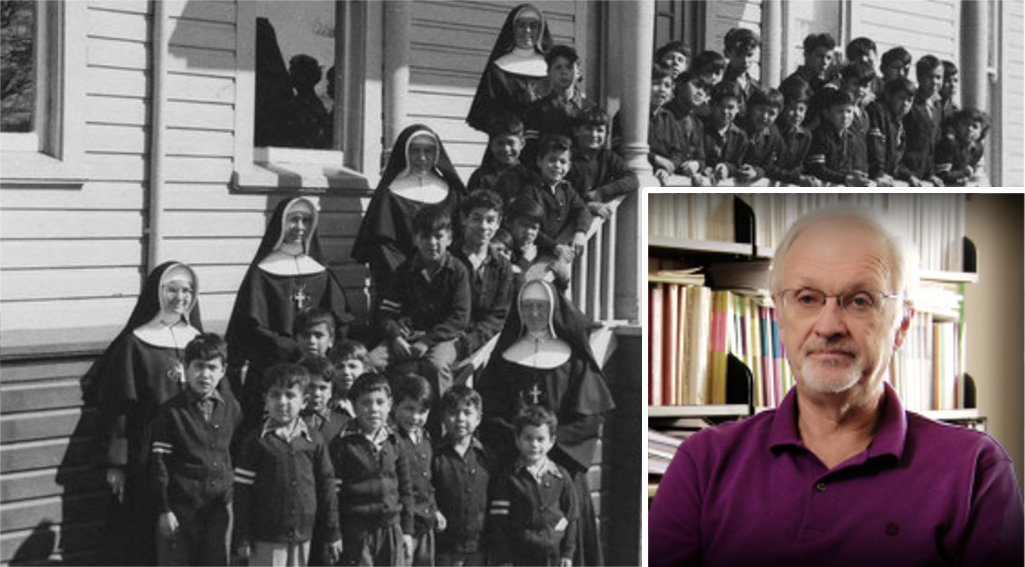

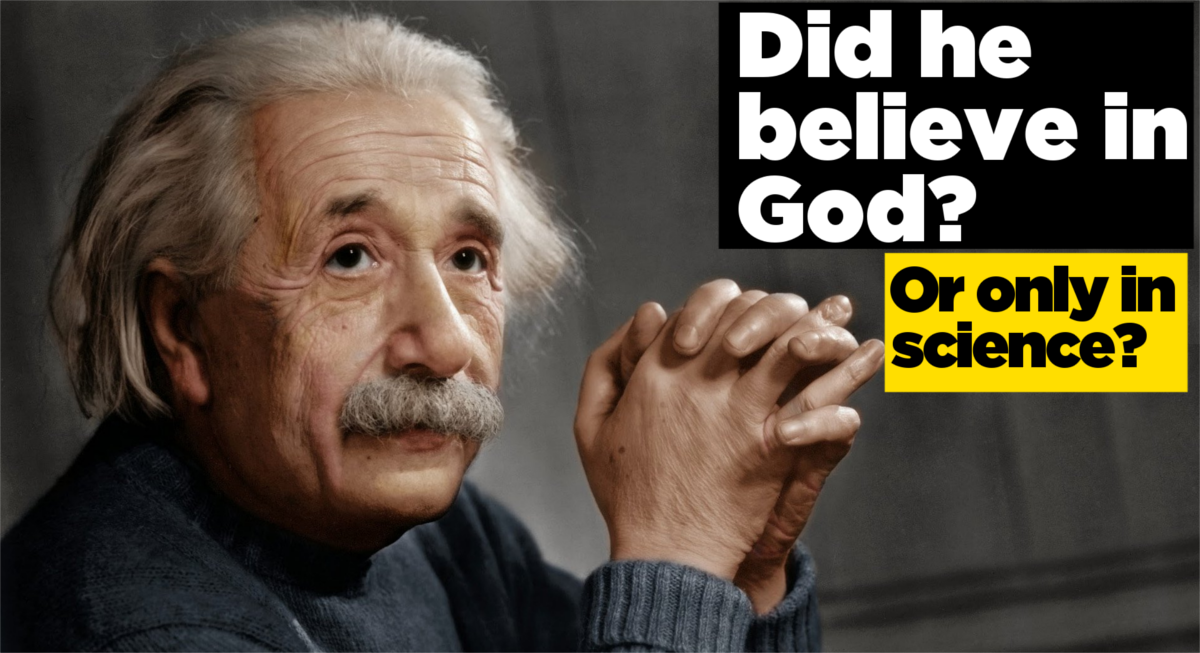





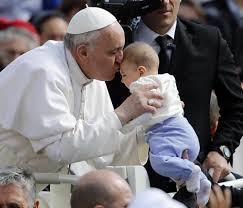

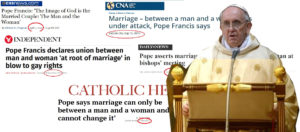


0 commenti a Bioethics